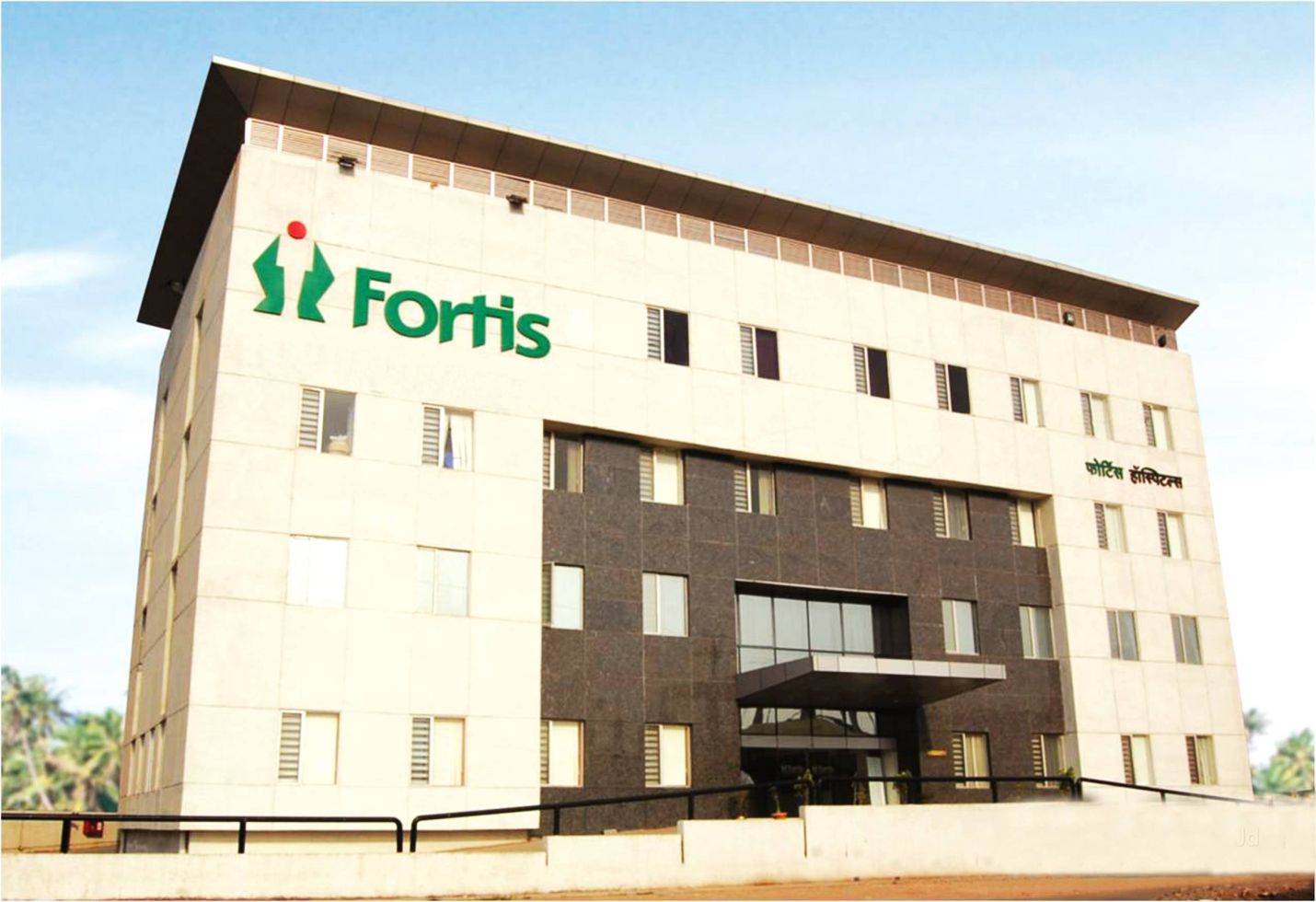The opaque corporate structures common in the family dynasties dominate Indian commerce. Prime Minister Narendra Modi started pushing companies to increase their transparency to help attract more foreign investors to India. Shivinder Mohan Singh and Malvinder Mohan Singh’s downfall came to light.
Ranbaxy Laboratories
The long winding soap opera of a story of the Singh brothers manifest how they destroyed the very legacy of their grandfather. Their grandfather Bhai Mohan Singh, and father, Dr.Parvinder Singh. The Singh brothers had inherited the mega pharmaceutical company, Ranbaxy Laboratories Ltd. from their father. After they sold the company to Daiichi Sankyo, a Japanese firm, they launched Fortis Healthcare Ltd. It is a hospital chain and Religare Enterprises Ltd., a financial service firm. In the last six months, the brothers have seen a dramatic fall in their fortunes. They are under criminal probe by financial authorities for over Rs.23 billion missing from their listed companies. The brothers had also been accused of fraud related to the 2008 sale of Ranbaxy Laboratories to Daiichi Sankyo.
The brothers’ main holding company loaned about Rs. 25 billion to the Dhillon family over the years. Gurinder Singh Dhillon, is a spiritual leader by over 4 million of his followers worldwide. He is a key character in the downfall of the brothers’ empire. As the finances of the spiritual leader and brothers became progressively intertwined, the distressing spiral of the Singh brothers began. Money started flowing from the brothers to the Dhillon family via loans through shell companies and a plethora of obscure financial instruments. The brothers acknowledged their financial ties to Dhillon. Although they defended their spiritual leader saying that the guru was not the cause of their financial demise.
Lawsuit against the Singh brothers
Earlier this year, a NY Investor had filed a lawsuit accusing the brothers of siphoning Rs. 18 billion from Religare. The Singhs said that they did not do anything illegal. They said that Sunil Godhwani, was appointed to lead Religare at Dhillon’s recommendation. He was in charge of Religare at the period in question. He often took decisions without informing them. They insisted that he was the designer of the financial structures. It also includes the loans to the Dhillon family that led to their financial troubles.
The actual faux pas was in the way they were running the company. They paid salaries of over 10 million a year to many mid-level employees. Further in the year 2009, Religare even gave 30 German luxury cars to top employees as retention bonuses. Evidently, all this impractical spending came at a cost. By the year 2011, debt Fortis had crossed Rs. 70 billion. Realizing that they had bitten off more than they could chew, the brothers belligerently started paring their holdings. First they sold Australian subsidiary Dental Corporation to Bupa Healthcare. Then they even got rid of the Singapore-listed Religare Health Trust. This was followed by hiving off Rs 3.7 billion worth of equity in SRL Diagnostics. These strategic maneuvers helped to reduce the debt to Rs. 23 billion.
IHH Healthcare
But the mortal blow came in 2016, when the Singapore tribunal sided with Daiichi Sanko in its long-running suit against the brothers. They awarded the Japanese firm $500 million in damages and interest. The banks seized assets backing their loans, including the majority of their shares in Fortis and Religare. As minority shareholders took over at Religare, a bitter takeover battle kicked off for Fortis in July. The invitation to participate was sent to three bidders, IHH, TPG-Manipal, and Hero-Burman consortium. The bidding war ended when the board unanimously accepted the binding offer from IHH to invest Rs. 4000 crore. On 13 November, IHH Healthcare Bhd became the controlling shareholder of Fortis by acquiring a 31.1% stake.
IHH Healthcare, also has a joint venture with Apollo Hospitals. They assured the Competition Commission of India (CCI) that there won’t be common directors on the board of Apollo and Fortis. They also guaranteed that there won’t be disclosure of sensitive information to any of the directors. IHH will have to face disciplinary action if they fail to follow the regulations of the CCI. The CCI was certain that the takeover will not have any adverse effects on the competition in India and thus gave its approval.
wp:paragraph
/wp:paragraph wp:paragraph
/wp:paragraph wp:paragraph
/wp:paragraph wp:paragraph
/wp:paragraph ]]>





LEAVE A COMMENT
You must be logged in to post a comment.